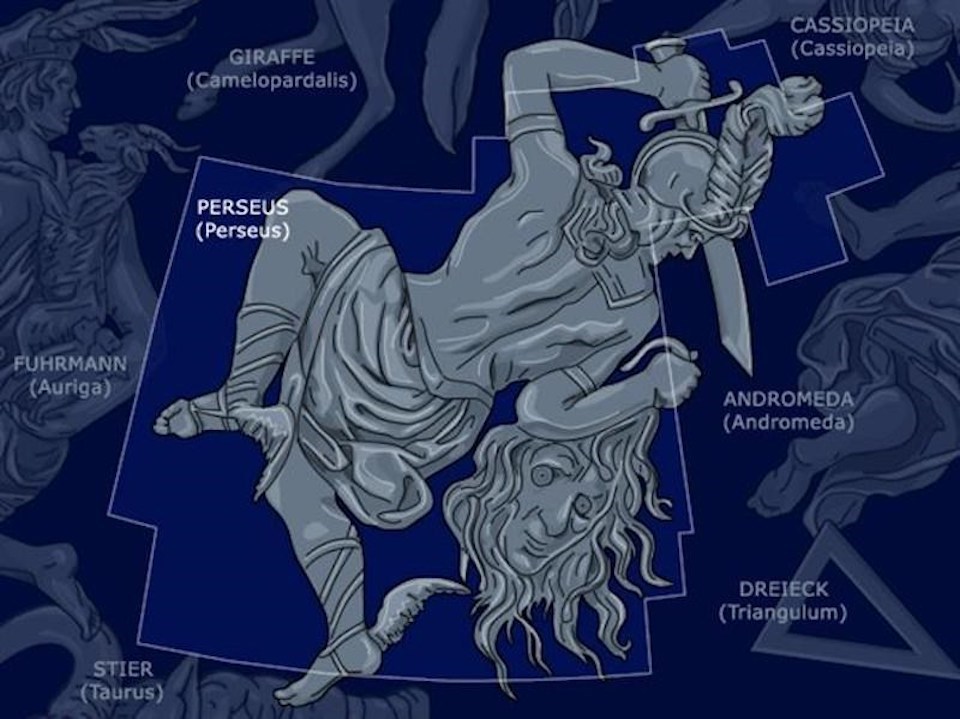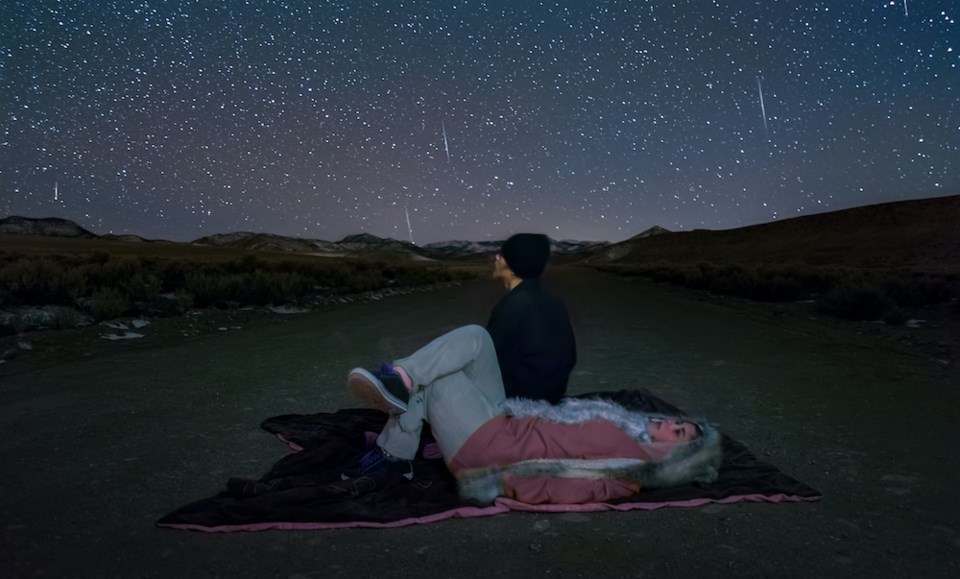Stargazers should mark their calendars for one of the best meteor showers of the year this summer.
The Perseid Meteor Shower offers several ideal viewing opportunities during clear summer nights, which makes it a favourite of sky-watchers. Best of all, the summer shower is one of the easiest to view from the Northern Hemisphere.
The Perseids are also active for nearly two months, with viewing opportunities possible from July 14 to Sept. 1. You can expect to see about 50 to 75 shooting stars per hour at the peak.
Marley Leacock, an astronomer at the H.R. MacMillan Space Centre, tells V.I.A. that the shower will peak between Aug. 12 and Aug. 13. Skywatchers may also have the chance to view more shooting stars this year but it isn't because there will be more of them.
"It won't be 'stronger' in the sense that there will be more physical meteors," she said. "Instead, the moon will only be at 10 per cent illumination that night.
"This means the sky will be darker, so people will have a better chance of seeing some of the fainter meteors that would otherwise be washed out."
Locals won't need any special equipment to view the celestial display but they will need a clear view of the sky.
"The larger the better," Leacock noted, adding that it is "always good to get outside of the city and give yourself a few hours of viewing time."
Where the shower got its name
They are called the Perseids because the meteors "appear to fall" from the constellation Perseus, Leacock said. Additionally, the constellation is at its highest point in the sky right before dawn when the most shooting stars are visible.
Greek mythological hero Perseus defeated Medusa by using a reflective shield to "turn her powers against her."

Perseid Â鶹´«Ã½Ó³»Meteor Shower in 2023
To fully enjoy the spectacle, here are a few tips for meteor hunting:
- If possible, head away from city lights, which make it hard to see fainter meteors. To increase your chances of seeing shooting stars, set out in search of dark skies in the countryside.
- If you need to use a flashlight, place a red filter over the bulb (a red balloon will do in a bind). White light is very blinding and may affect your night vision.
- Dress warmly. Even though the Perseids occur in the summertime, it is still a good idea to bring warm (even winter) clothes. August nights can be very chilly.
- Sit back and relax on a reclining chair or lie down on a blanket. Not only is it much more comfortable to observe the stars lying down, but you'll also see more that way.
- Pack a thermos of hot chocolate or coffee—it will come in handy if you start to drift off or get a little chilly!
- Be patient. It might take a while before you see your first shooting star. Don't be quick to give up... It's worth the wait!



